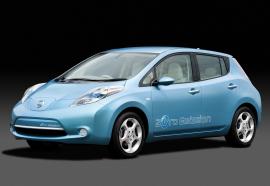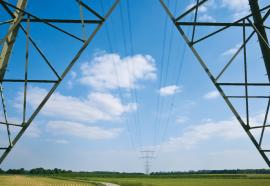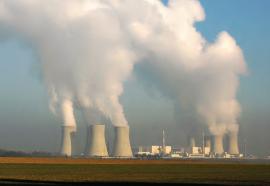Two Hands Clapping
Has demand response hit an evolutionary dead end?
On March 18, the day after this issue went to press, FERC was scheduled at its decisional meeting to open a new formal inquiry on the role of demand response in regions that already have competitive wholesale power markets. In particular, how much money should grid operators pay to electric customers who promise not to buy wholesale power?











